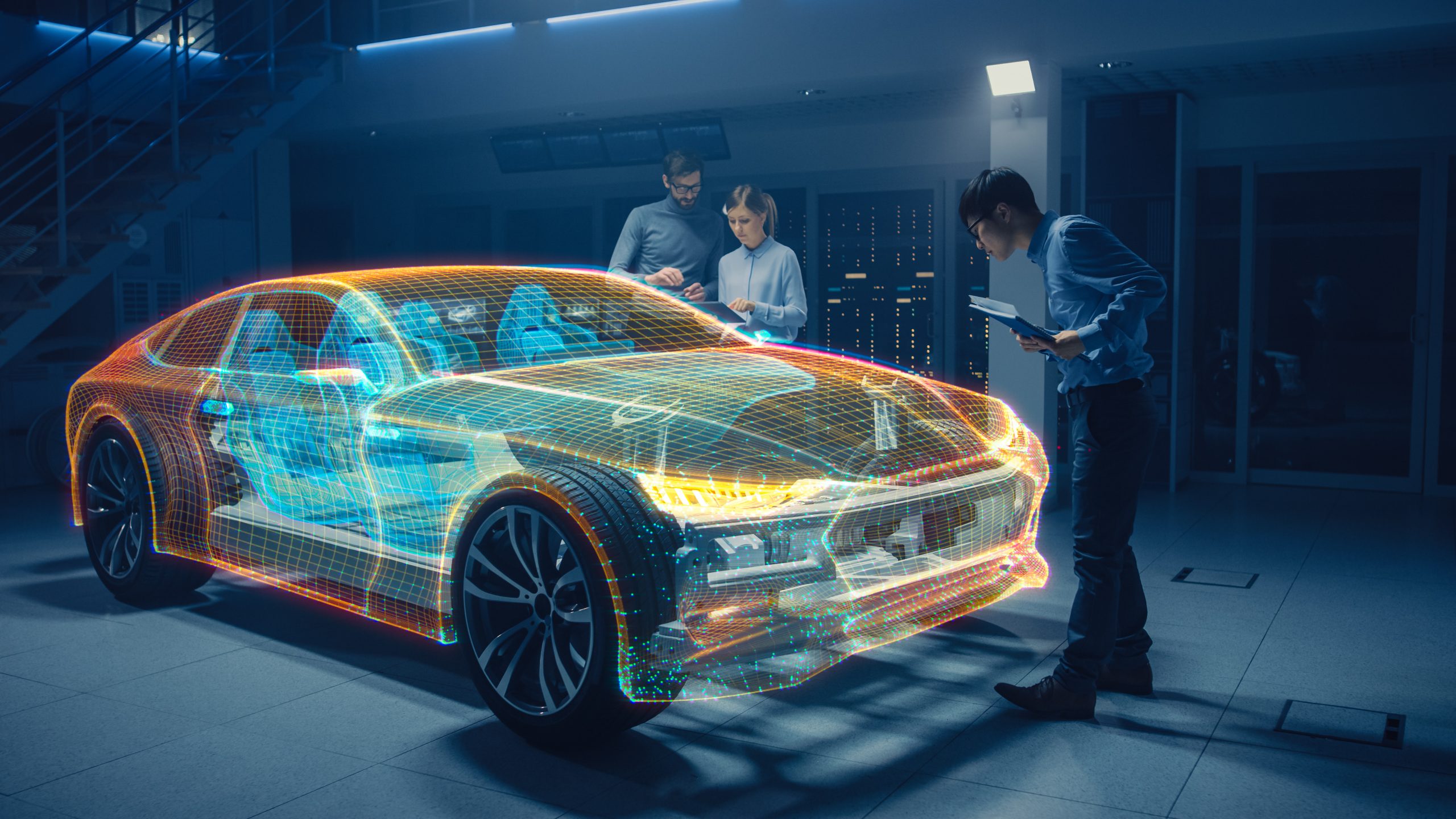1. The Future Of Automotive Power: Revolutionary New Engines For Cars
With the rising concerns about climate change and fuel efficiency, the automotive industry is exploring new technologies and innovations to power vehicles more efficiently and sustainably. One area of focus is developing revolutionary new engines that can offer significantly improved performance, reduced emissions, and increased fuel economy.
Current internal combustion engines are reaching the limits of their efficiency, and the transition to electric vehicles is still facing challenges in terms of battery technology, charging infrastructure, and cost.

Therefore, the development of new engine technologies is seen as a crucial step towards achieving sustainable transportation solutions. Here are some of the revolutionary new engines that are currently in development or have recently entered the market:

1. Electric motors
Electric motors are the most efficient form of propulsion for vehicles, offering instant torque and zero emissions. They are used in pure electric vehicles (EVs), hybrid electric vehicles (HEVs), and plug-in hybrid electric vehicles (PHEVs). Electric motors are powered by batteries, which can be charged from external sources or through regenerative braking.
As battery technology continues to improve, EVs are becoming more practical, with longer ranges and faster charging times. Hybrid vehicles combine an electric motor with an internal combustion engine to improve fuel economy and reduce emissions. PHEVs offer the added benefit of being able to plug in and drive solely on electric power for short distances.
2. Hydrogen fuel cells
Hydrogen fuel cells are another promising technology for zero-emissions vehicles. They generate electricity through a chemical reaction between hydrogen and oxygen, producing only water vapor as a byproduct. Hydrogen fuel cells are more efficient than internal combustion engines and can provide a longer range than EVs.
However, hydrogen fuel infrastructure is still limited, and the production and distribution of hydrogen can be expensive. Despite these challenges, several automakers are investing in hydrogen fuel cell technology, and it is expected to play a significant role in the future of sustainable transportation.

3. Biofuels
Biofuels are renewable fuels derived from plant materials or animal waste. They can be used in existing internal combustion engines with minimal modifications. Biofuels offer the potential to reduce greenhouse gas emissions and improve air quality, as they emit fewer pollutants than fossil fuels.
However, the production of biofuels can compete with food production and may not be sustainable in the long term. Furthermore, biofuels have a lower energy density than gasoline, so vehicles may need to be modified to accommodate larger fuel tanks or more frequent refueling.

History of 1. The Future Of Automotive Power: Revolutionary New Engines For Cars
The history of automotive power is a long and winding road, with many twists and turns. From the early days of steam-powered cars to the modern era of electric and hybrid vehicles, there have been many different technologies that have been used to power our vehicles.
One of the most significant developments in the history of automotive power was the invention of the internal combustion engine. This type of engine uses a piston to compress a mixture of air and fuel, which is then ignited by a spark plug. The resulting explosion drives the piston down, which in turn drives the crankshaft and wheels. The internal combustion engine is still the most common type of engine used in cars today, but it is slowly being replaced by more efficient and environmentally friendly technologies.

The Myth of 1. The Future Of Automotive Power: Revolutionary New Engines For Cars
There are many myths and misconceptions about the future of automotive power. One common myth is that electric vehicles will completely replace gasoline-powered cars. While electric vehicles are becoming increasingly popular, they are still not a practical option for everyone.
Another myth is that hydrogen fuel cells are the only way to achieve zero-emissions transportation. While hydrogen fuel cells are a promising technology, they are still in their early stages of development. It will be some time before they are widely available and affordable.

The Hidden Secret of 1. The Future Of Automotive Power: Revolutionary New Engines For Cars
The hidden secret of automotive power is that it is not just about technology. It is also about people. The people who design, build, and drive cars are the ones who will ultimately determine the future of automotive power.
We need to continue to invest in research and development of new and innovative technologies. But we также need to make sure that these technologies are accessible and affordable to everyone.

Recommendation of 1. The Future Of Automotive Power: Revolutionary New Engines For Cars
If you are looking for a new car, I encourage you to consider a vehicle with a revolutionary new engine. These engines offer significantly improved performance, reduced emissions, and increased fuel economy.
Here are a few of my top recommendations:
- Tesla Model 3
- Toyota Prius Prime
- Honda Clarity Fuel Cell
These are just a few of the many great options that are available. When you are shopping for a new car, be sure to ask about the different engine options that are available. You may be surprised at how much progress has been made in the field of automotive power.

1. The Future Of Automotive Power: Revolutionary New Engines For Cars and Related Keywords
Tips of 1. The Future Of Automotive Power: Revolutionary New Engines For Cars
Here are a few tips for choosing the right new engine for your car:

1. The Future Of Automotive Power: Revolutionary New Engines For Cars and Related Keywords
Fun Facts of 1. The Future Of Automotive Power: Revolutionary New Engines For Cars
How to 1. The Future Of Automotive Power: Revolutionary New Engines For Cars
To learn more about the future of automotive power, you can:
What if 1. The Future Of Automotive Power: Revolutionary New Engines For Cars
What if the future of automotive power was not electric? What if there were a new type of engine that was even more efficient and environmentally friendly than electric motors?
This is a question that scientists and engineers are working on every day. There are many different possibilities for what the future of automotive power could hold. Here are a few of the most promising:
- Fusion power
- Solar power
- Nuclear power
These are just a few of the many possibilities for the future of automotive power. It is important to continue to research and develop new technologies so that we can create a more sustainable future for transportation.
